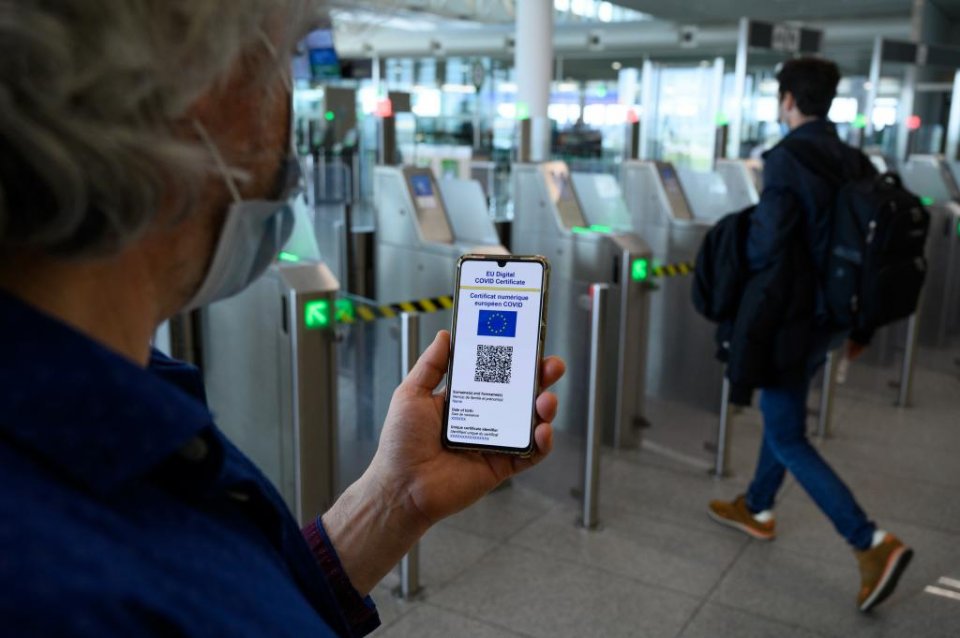Spain has relaxed a travel rule that previously only allowed fully vaccinated non-EU/EEA tourists to visit the country, to now also allow those who have had Covid-19 and can prove it with a recovery certificate.
The changes to non-essential travel were published in Spain’s state bulletin on Saturday 26 February and come into force immediately.
It means that tourists from third countries (non-EU/EEA) who have recovered from Covid-19 in the past six months can now visit Spain even if they are not fully vaccinated or if their Covid vaccination certificate has expired because they haven’t had a booster shot.
A new clause states that ‘people with a vaccination certificate OR a recovery certificate recognised by Spain’s Health Ministry’ are able to travel to Spain.
According to the Spanish Health Ministry, recovery certificates accepted as valid are those ‘issued at least 11 days after the first positive NAAT or RAT, and up to a maximum of 180 days after the date of sampling’.
NAATs – nucleic acid amplification tests – are usually PCR tests, and RATs stand for rapid antigen tests. The Covid test must have been carried out by an accredited laboratory, meaning that self-test kits are not valid.
The change applies only to non-EU/EEA nationals who do not live in Spain and are visiting for tourism or other non-essential reasons. Children under the age of 12 are exempt from Spain’s travel requirements.
Unvaccinated foreign residents in Spain, EU citizens and residents as well as Spanish nationals can continue to travel to Spain, but in most cases will need to show a negative Covid test, or a recovery certificate if applicable. Those travellers to Spain who are still required to show a negative Covid-19 test result to enter the country have to get tested within 24 hours before their arrival rather than 48 hours, if they choose a rapid antigen test (RAT). Negative PCR tests remain up to 72 hours before travelling.
Unvaccinated non-EU/Schengen tourists who do not have a recovery certificate can still not enter Spain.
Unvaccinated teenagers have been allowed to enter Spain since Monday 14 February if they can show a negative PCR test taken up to 72 hours before travelling.
Before travelling to Spain, everyone (including children under 12 years old) travelling by air or sea, must fill in and sign an online Health Control Form. If you do not complete the form electronically, you may submit it in paper format before boarding. On arrival into Spanish ports and airports you must show the QR code (hardcopy or digital) issued when you completed the online Health Control Form before travel.
Click here for full details in English on the Spanish Health Ministry’s Travel Health page for all the requirements for travelling to and arriving in Spain, by plane or ferry.
Sign up for the FREE Weekly Newsletter from Spain in English.
Please support Spain in English with a donation.
Click here to get your business activity or services listed on our DIRECTORY.



